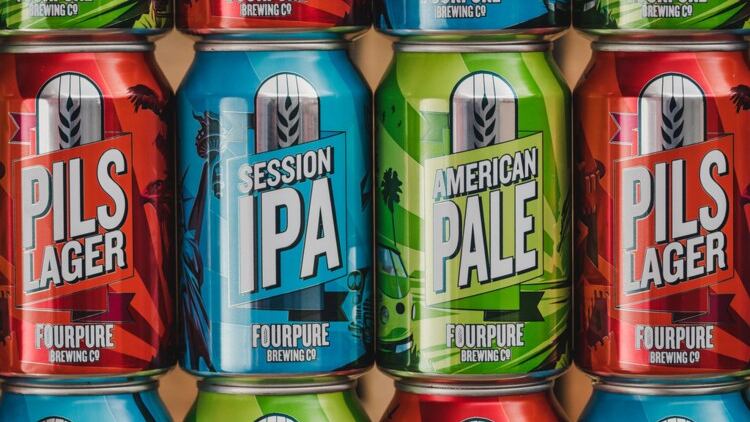Over the past five years, the number of small UK breweries has risen by 64%, creating an overcrowded marketplace. This rise has been in part due to tax breaks such as Small Breweries' Relief (introduced in 2002), but also due to the popularity of craft beer produced by independent breweries.
The research, provided by financial intelligence provider Plimsoll Publishing, suggests that many of these breweries are trying to compete with rising costs, falling margins and a lack of investment, and hence further buyouts could be on the cards.
David Pattison, senior analyst at financial intelligence provider Plimsoll Publishing, said: “The arrival of such a large number of small companies means the brewing industry has become highly fragmented; 70% companies are run with less than £500,000 of investment."
Falling margins
Pattison continued: “Costs are rising faster than sales and for the first time in nine years, margins have fallen below 4%. This lack of investment means that some companies will struggle to grow, even if demand for their product is high.”
Faced with these dilemmas, an increasing number of breweries are turning to multinationals to finance further expansion and growth. Earlier this summer, Beavertown Brewery sold a minority stake of its business to Heineken while, last month, Fourpure announced it had sold to Australian and New Zealand beverage company Lion.
However, there is no guarantee that small breweries will find a buyer or investor, as larger breweries struggle with declining profits.
Pattinson added: “Among so much competition, small breweries may find attracting a buyer a challenge. What’s more, the increasing popularity of craft beer has also affected the market leaders and 22 of the UK’s 50 largest breweries have seen profits fall.
“Many large brands have already introduced craft-style beers to their ranges in an attempt to capture a share of this demand and boost profits."
Merging forces?
One possible solution mooted by Plimsoll Publishing is for more smaller breweries to investigate the possibility of merging, enabling them to benefit from economies of scale and make the transition onto the beer duty escalator less painful.
Pattison said: “We have already seen a trend in the decrease of asset values, suggesting that companies are becoming leaner. But if a number of smaller breweries were to merge, share costs and resources, this could allow them to benefit from economies of scale, allowing them to raise more capital and, ultimately, become more competitive.”
Meanwhile, at The Morning Advertiser’s Beer Summit event in Manchester this July, three craft breweries gave their opinion on whether buyouts were a good or bad thing for the UK beer industry.

